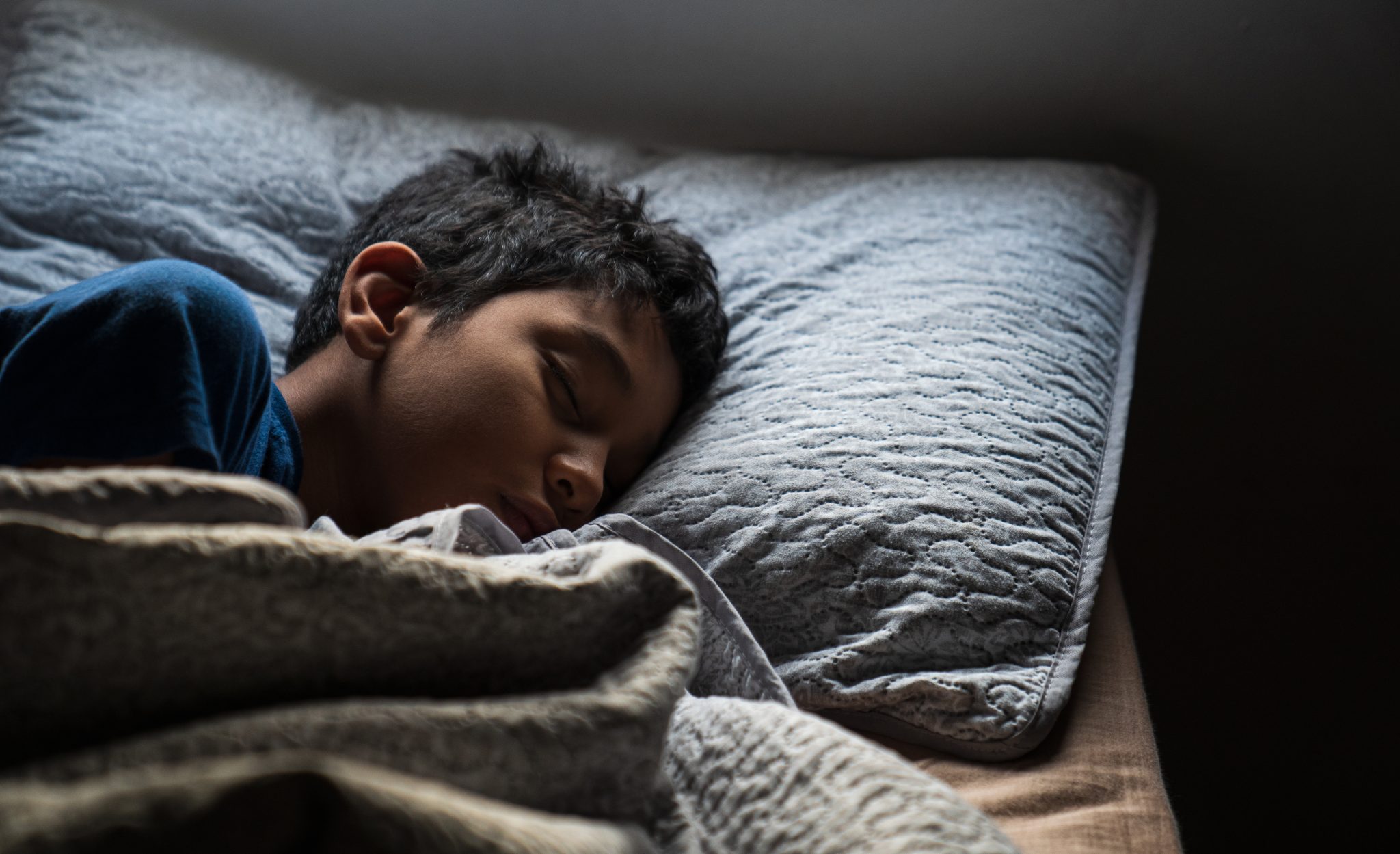Health

Sleep is an essential part of a healthy lifestyle, keeping both the body and mind healthy. Children that receive adequate amounts of sleep show improved attention, learning, better behavior, improved memory, and overall mental and physical well-being. Inadequate amounts of sleep can cause the brain to struggle to perform basic functions. It can also lead to depression, obesity, and high blood pressure. As children are getting ready to head back to school, make sure their sleeping habits are setting them up for success.
Benefits of quality sleep include the following:
- Clearer thinking
- Better performance at school or work
- Improves your mood
- Reduces sickness
- Reduces stress
- Helps maintain a healthy weight
How much sleep is needed?
Children need more sleep than adults. Their bodies are developing and making more changes at that age than at any other stage in their life. According to the American Academy of Pediatrics the sleep recommendations are as follows:
- Infants (under 1 year old) – 12 to 16 hours, including naps
- Toddlers (ages 1 to 2) – 11 to 14 hours, including naps
- Preschool (ages 3 to 5) – 10 to 13 hours, including naps
- School age (ages 6 to 12) – 9 to 12 hours each night
- Teens (ages 13 to 18) – 8 to 10 hours each night
- Adults – 7 hours or more each night
Improving Sleep
There are certain small changes that people can incorporate to their daily routine to help the entire family get high-quality sleep every night. The following are some tips to improving sleep:
- Create a good sleep environment. Be sure to keep your room dark, quiet, and cool.
- Consider removing electronic devices out of the bedroom
- Take a warm bath before bed
- Do a quiet family activity such as reading a short book before bed
- Avoid heavy meals 2 hours before bed
- Avoid caffeine late in the day
- No daytime naps
- Dim the light on your phone
- Set a bedtime alarm to go to bed
- Turn off notifications on your phone
- Go to bed around the same time each night
- Meditate before bed
What if nothing seems to work?
If there are ongoing problem with sleeping that are affecting your child’s daily routine, you should talk with your health care provider about any concerns with your child’s sleep habits. They maybe suffering from chronic sleep problems.
Note. It is not recommended to give a child sleeping aids or medication for sleep without first consulting a physician. Many of these items are not safe for children. Also, giving a child melatonin can lead to unwanted side effects that may include headaches, dizziness, diarrhea, upset stomach, and anxiety. While overdosing on melatonin is rare, it can happen. If there are signs of low blood pressure, disorientation (inability to focus), or lethargy (lack of energy and unresponsiveness), people should seek medical attention immediately.

